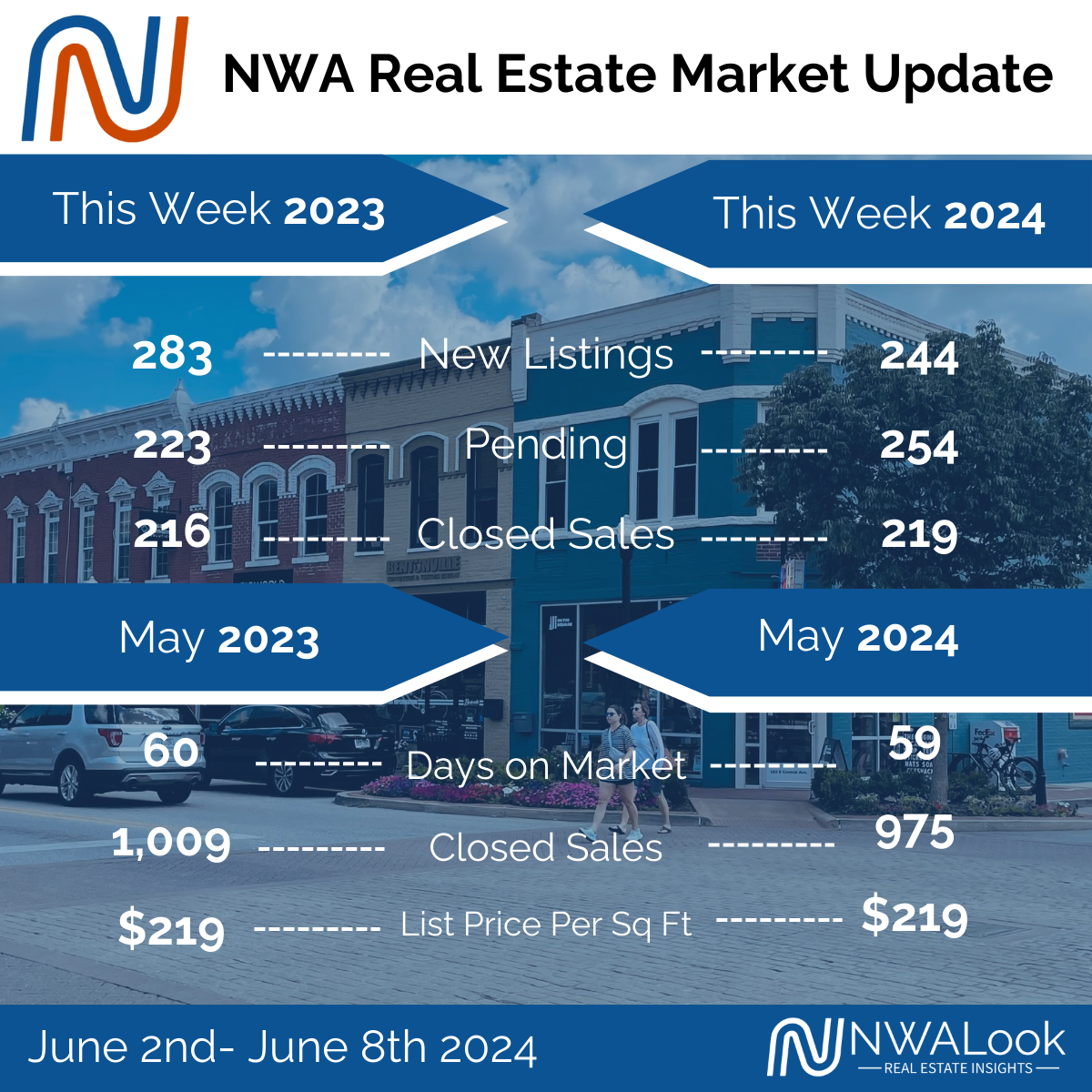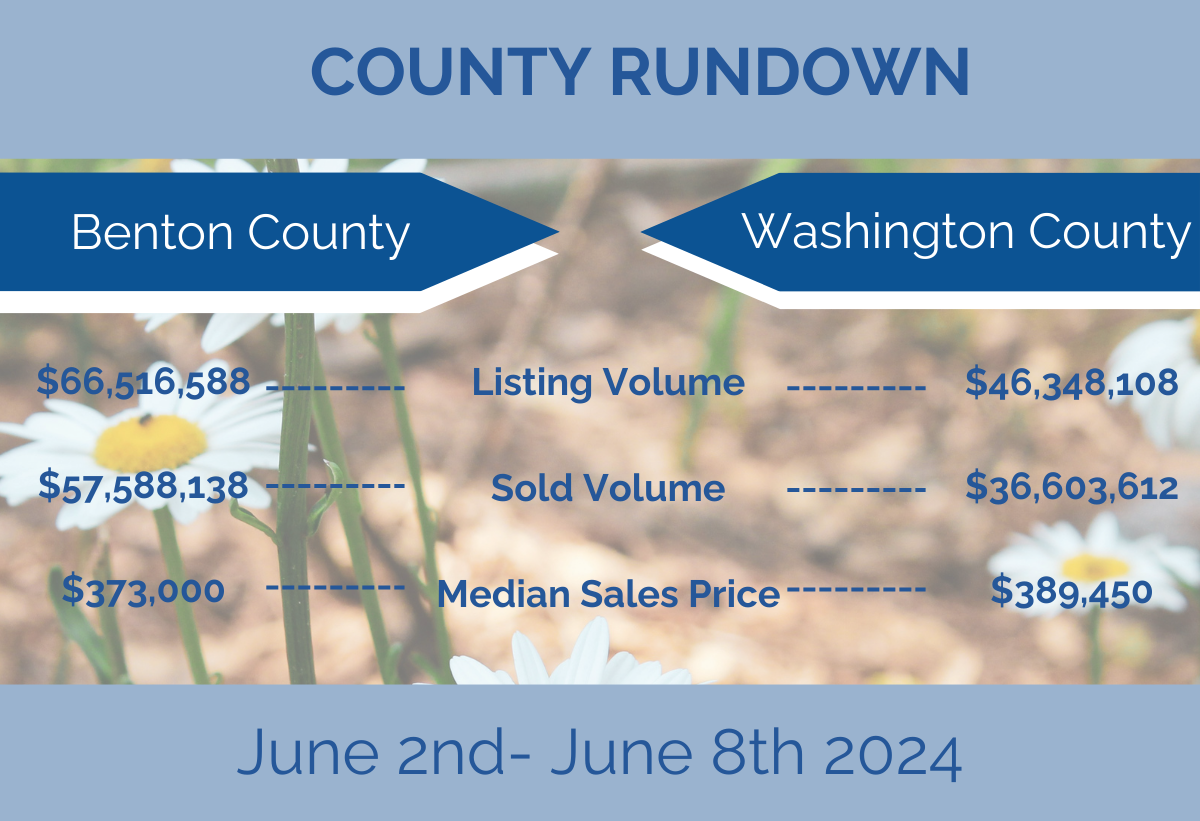The realization of owning the perfect home in the best location with the proverbial white picket fence is most everyone’s view of the “American Dream”. I knew early on that smart people buy houses, that renting was “bad,” and that owning a home was one of the wisest financial decisions that anyone can make. But what happens after that first house? Many will upgrade and get larger homes as their family grows or maybe a change in work location triggers a housing change. But many never venture off to buy more real estate beyond their primary residence–Why?
The answer...Fear. Most Americans feel that buying an investment property is “too much work” or a “risky proposition” simply because they haven’t truly taken the time to really learn about the process and how real estate can actually be one of the strongest components within your portfolio. Adding additional real estate to your financial portfolio will help you put your financial “eggs” in different “baskets” and it will build passive income and wealth while you focus on all the other things in life like your family, career, and hobbies. Typically, the most challenging prerequisite for investing in real estate is the down payment needed (Typically about 20%). Below are 5 key tips along with some opportunities and considerations to keep top of mind as you begin to search for that first investment property:
5 Key Tips:
- Location, Location, Location—Properties in a nice area with well-kept homes and yards, near good schools, easy access to transportation and amenities, and favorable tax rates will help market your investment and build equity.
- The Property— The current condition, age, and improvements needed to get a property to “rentable” condition is an important consideration to minimize expenses and maximize profit. Sure, a property that needs work will cost less but the improvements needing to be made may outweigh the savings.
- Cash Flow-- Determine what the property will rent for and how that compares to any recurring expenses. Any rent received in excess of expenses is passive income straight into your pocket!
- Market Trends—Review crime rates, job market, future growth, competing properties, and average rent for homes in the same neighborhood to narrow down your selection.
- Budget–Ensure you have the budget to cover closing costs/down payment and any improvement expenses, cleaning fees, and maintenance.

Locals Coffee
Locals Coffee recognized a need to provide specialty coffee with speed, accessibility, and convenience. They believe everyone should consider the opportunity to lift one another up in anything they do. They work with local vendors to provide local products, such as Pink House Alchemy, Onyx, Savoy Tea and more.
Opportunity:
- Passive Income—Earn money while you are working another job or enjoying your favorite hobbies
- Future Growth– When real estate values increase, so does the value of your investment
- Interest/Tax Deductions–Mortgage interest on investment properties can pass through to your deductions on your taxes. Other opportunities exist to reduce tax liability with real estate purchases (a CPA can elaborate on these)
- Collateral for future Investments–Your investment and its income flow can help you qualify for more loans that can fund even more investment properties
Considerations:
- Sunk Costs–Closing costs, down payment (Typically 20% of sales price for investment properties), and any improvement costs
- Operating Costs—Maintenance costs, property management services, and cleaning Fees (These tend to be higher on older homes)
- Vacancy Risk—Risk of having to pay a mortgage on the investment when it is not leased. Don’t assume your property will ALWAYS have tenants
- Qualifying–Most lenders will have more stringent underwriting standards for investment properties, so be sure to build up and bolster your credit prior to pursuing a loan for an investment property
- Long Term Play—Equity and passive income from investment properties are often long term plays and not immediate
- “Legal–eez”—Lease agreements, background checks, DocuSign®, etc. Renting and managing a rental will require lease agreements that should be carefully reviewed by a lawyer and the process of vetting and qualifying tenants are all processes protected by law
NWA Real Estate Market Update


Hot Topics in the Media
Bought a Home Pre-Pandemic? Here’s How Much It’s Worth Now
Homeowners across America who bought before the COVID-19 pandemic stand to make a “tidy profit” if they were to sell today.
-Realtor
Why Homeowners Insurance Rates Are Rising And How To Manage Your Costs
It comes as no surprise that if you plan on purchasing a house, you’ll also need to get homeowners insurance. However, the cost may come as a shock to many people.
-Forbes
What to expect from the housing market in the second half of 2024
Experts are torn about where exactly the housing market is headed in the latter half of the year.
-CNBC

New Business Licenses
Nooma, a new and innovative fitness studio, is set to open in Fayetteville, Arkansas, bringing a unique mind-body practice to the community. Nooma transcends the traditional gym experience by integrating movement, breathwork, and infrared heat to facilitate both physical and emotional release. Noomas's approach blends elements of Pilates, yoga, dance, barre, weight training, and music, offering a comprehensive and transformative fitness journey. With its holistic focus, Nooma aims to empower individuals to find strength and balance through this dynamic practice.
Learn More



